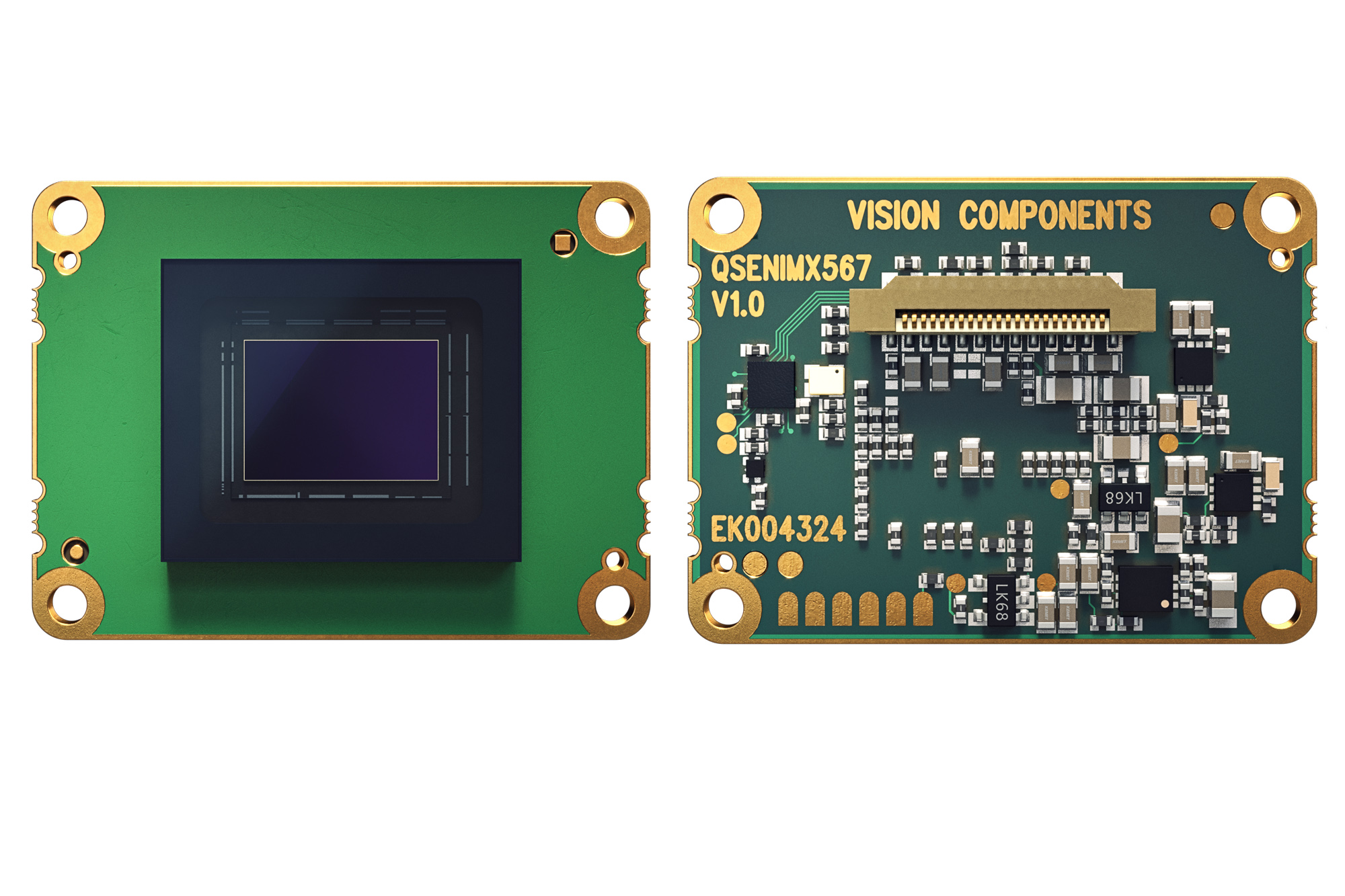Elite Math Students Found by Study to Come From Same Countries Over Time
By John P. Desmond, AI Trends Editor Two Dartmouth College researchers studied the countries of origin for the Fields Medal, considered the Nobel Prize in mathematics, and found the recipients tend to come from the same group of countries since it was first awarded in 1936. The idea was to see where elite math students […]


By John P. Desmond, AI Trends Editor
Two Dartmouth College researchers studied the countries of origin for the Fields Medal, considered the Nobel Prize in mathematics, and found the recipients tend to come from the same group of countries since it was first awarded in 1936.
The idea was to see where elite math students are coming from and how diversified are the countries of origin.

“We came to this study recognizing that math has a reputation of being egalitarian,” stated Herbert Chang, a research affiliate in the Fu Lab of Dartmouth and lead author of the paper. “Our results provide a complex and rich story about the world of math especially since the establishment of the Fields Medal.”
Published in Nature’s Humanities and Social Sciences Communications, the study analyzed the effectiveness of the Fields Medal to make math at its highest level more representative across nations and identities. The result provides a visual, data-driven history of international migration and social networks among math elites, particularly since World War II.
Awarded every four years to mathematicians under the age of 40, the Fields Meal was intended to honor young mathematicians from groups that were typically underrepresented in top math circles. The study set out to explore how well the award has lived up to its original promise.
The analysis shows that while the Fields Medal has elevated some mathematicians of marginalized nationalities, a “self-reinforcing behavior” through mentoring relationships among math elites results in most recipients coming from the same group of countries.
For example, the study found that the award succeeded in integrating mathematicians from Japan and Germany after WWII. But it also found that two-thirds of 60 medalists emerged from the same math “ancestral tree.”
The study found that groups with Arabic, African, and East Asian language identities were under-represented at the elite level.
The research team defined “elite” as a connection between Fields medalists, rather than other indicators that measure academic productivity and impact.
“It’s a privilege for a young mathematician to inherit a powerful network of relationships from an influential academic advisor,” stated Feng Fu, an assistant professor of mathematics and the senior researcher for the study. “The growing number of doctoral degrees awarded to international mathematicians in the US indicates that mathematics can be a powerful integrative force in our common humanity.”
Only France was found to export more elite mathematicians to the United States than it receives from the US “This seems to affirm France as the intellectual capital of mathematics,” stated the authors. A French mathematician that attends a top 50 institution is 6.4 times more likely to gain membership into the elite circle, while an East Asian in the same circumstance is 1.5 times more likely to gain membership, the research team found.
The research team recommended that the Fields Medal “return to its roots” to achieve its original goal of elevating mathematicians from marginalized countries.
Individual Experience and Advice
Computer scientists weighed in on the topic of what math background is needed for an AI career in a recent forum on Quora.
Andrew M Ziegler, Computer Scientist, Amateur Mathematician and Engineer now working at Domino Data Lab, said most machine learning experts he has met either completed a PhD or master in computer science or electrical engineering. “However they came from various undergraduate backgrounds,” he stated, which included in addition to the above, physics and cognitive science. “Each of these majors provides training in abstract reasoning and provides exposure to other prerequisite knowledge, and help to develop the intuitions needed to comprehend and apply machine learning.
He added, “I’ve always been impressed by Electrical Engineer’s intuition for pattern recognition, I think this stems from their backgrounds in signal processing, systems, and information theory.” Physicists, he added, are trained in how to create models and use them to generate predictions and draw inferences from data, valuable skills for those wanting to do machine learning.

Michael Cortes, a senior data scientist now working at Discovery, Inc., and formerly a calculus instructor at Stony Brook University, recommended the study of mathematical optimization and statistics for those interested in moving into machine learning. “Every single machine-learning model is fit to data by minimizing (or maximizing) the likelihood function for that specific model. That’s really it,” he stated.
More generally, you study according to the type of data science work you aim to do. “I’ve worked as a data scientist where I was mostly an applied statistician doing more discovery, research, and business optimization,” he stated. “I’ve also worked at another company where I was creating data driven products as web applications.”
For the former, the role was more math/statistic/insight/results-driven, and the latter was more development/programming/engineering driven. So a math background helps more for the first type, while computer science is better for the second type.
Colleges and universities offering AI-related degrees include not only the very top schools. On the list of the 25 best colleges for undergraduate and graduate degrees in AI-related fields produced by Successful Student in 2019, No. 24 was the South Dakota School of Mines and Technology and No. 25 was Eastern Michigan University.
Meanwhile, overall American secondary and university students math students are falling behind their peers across the globe, reports a recent account from the blog of Dogtown Media, a mobile media development company. For example, 15-year-old students came in 35th on the 2018 Program for International Student Assessment from the Organization for Economic Cooperation and Development, a standing below the global OECD student average.
Moreover, according to the National Science Foundation, in 2017, nearly 70% of master’s students and over 64% of PhD students in US computer science programs were foreign born, and half of all mathematics PhD degrees were awarded to international students that year.
Read the source articles and information from Dartmouth University, on Quora, from Successful Student and from the blog of Dogtown Media.





































